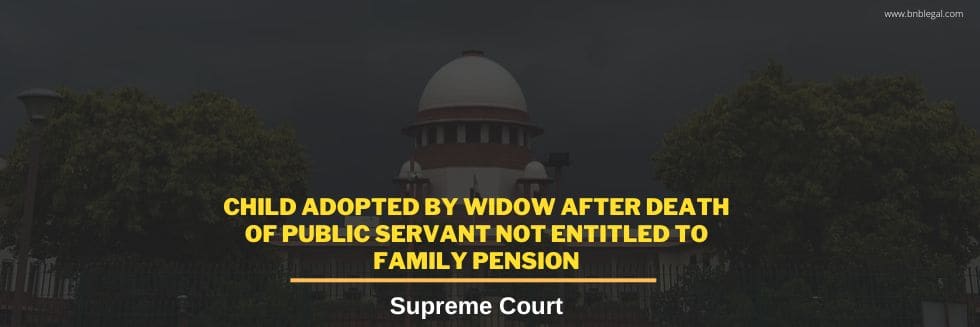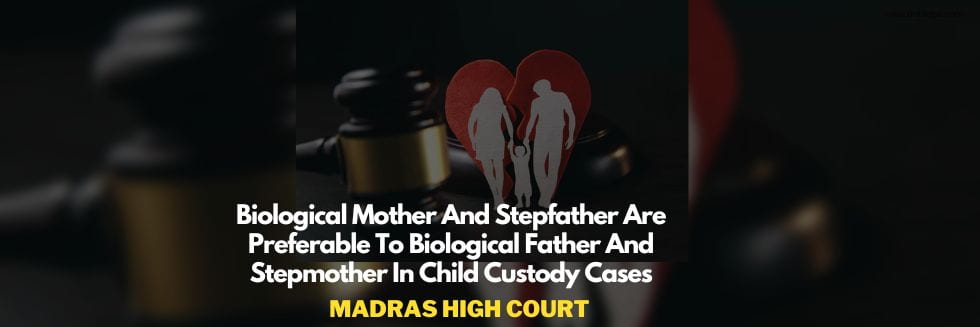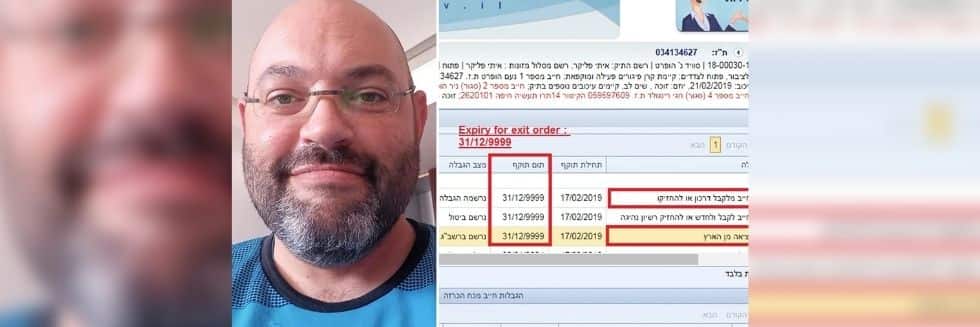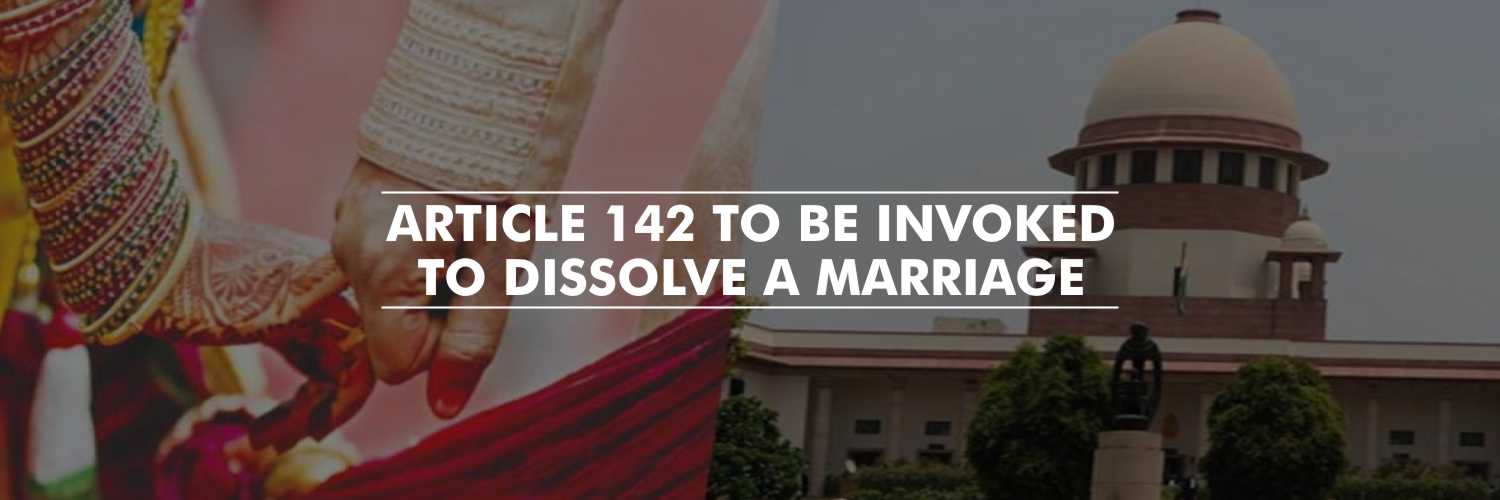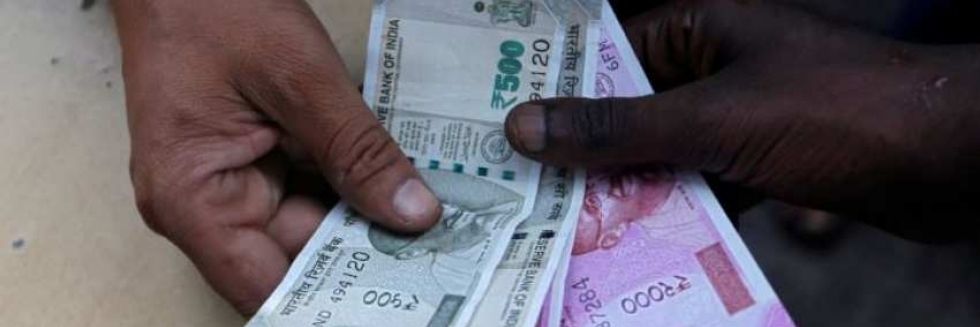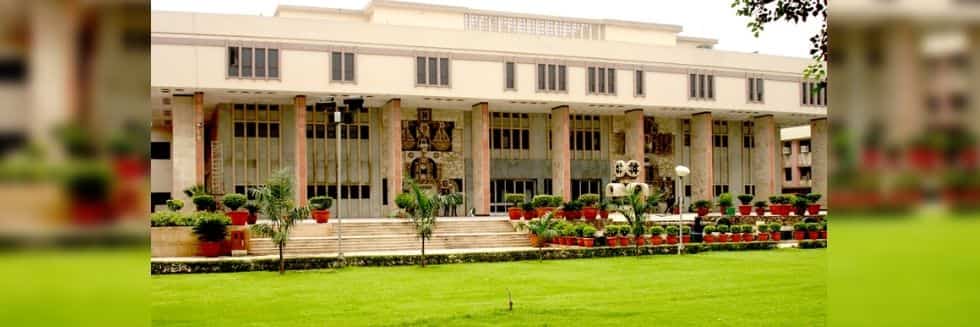In a significant judgment, Supreme Court held that a child adopted by the widow of a deceased government servant after the death of such an employee is not entitled to claim family pension.
A division bench of Justice KM Joseph and Justice BV Nagarathna observed that such an adopted child cannot be included within the definition of ‘family’ under Rule 54(14)(b) of the Central Civil Services (Pension) Rules, 1972 for claiming family pension.
“It is necessary that the scope of the benefit of family pension be restricted only to sons or daughters legally adopted by the government servant, during his/her lifetime … the word “adoption” in Rule 54(14)(b)(ii) of the CCS (Pension) Rules, in the context of grant of family pension, must be restricted to an adoption made by a government servant during his/her lifetime and must not be extended to a case of adoption made by a surviving spouse of the government servant after his/her death,” reads the judgment.
The bench stated that family pension was devised as a means to help the dependents of the deceased government servant tide over the crisis and to give them some succor.
“The association of such dependents to the government servant must be direct and not remote. Persons who were not even dependents of the government servant at the time of his death cannot be included in the definition of ‘family’ under the Pension Rules,” the bench said.
The Court was of the view that the rights of an adopted child against an adoptive family under the Hindu Adoption and Maintenance Act, 1956, cannot axiomatically be held to be available against the government, particularly when there were extant pension rules governing the area.
The bench added, “There exists a vital difference between the rights of an adopted son under Hindu Law and his rights to draw family pension, which creates a burden on the public exchequer.”
The Court said that a child born to a deceased government servant after his death would be entitled to family pension. It added that the position of such posthumous children is different from children adopted after the death of the government servant.
“This is because the deceased government servant would have had no relationship with the adopted child which would have been adopted subsequent to his demise, as opposed to a posthumous child,” the bench added.
The apex court was hearing a petition filed by a man who was adopted by a widow of a government servant after his death.
The appellant was adopted in 1996 by a widow who lost her husband two years back in 1994. The appellant’s claim to family pension was rejected which led the appellant to move Central Administrative Tribunal (CAT), Mumbai for relief. The Tribunal ruled in the favour of the appellant, However, the Bombay High Court set aside the Tribunal ruling leading him to move the top court.
Supreme Court upheld the Bombay High Court’s decision that the appellant was not entitled to receive family pension since he had not been adopted by the deceased servant during his lifetime.
“Any other interpretation would lead to abuse of the provision in the matter of grant of family pension,” the bench said.
